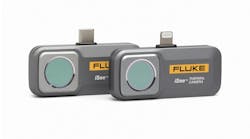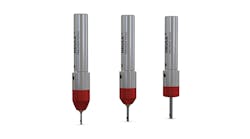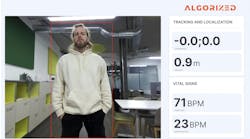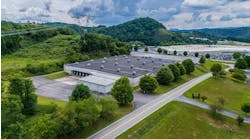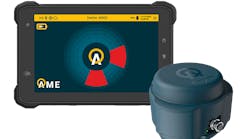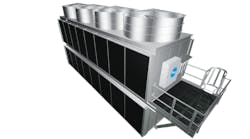Titanium Metals Corporation agreed to pay a $13.75-million civil penalty relating to unauthorized manufacturing and disposal of PCBs at its plant in Henderson, Nevada, an integrated operation where titanium ore is refined and concentrated into titanium “sponge,” and that sponge is melted and cast into ingots. The fee, part of a settlement that Timet reached with the U.S. Environmental Protection Agency and the U.S. Department of Justice, is the largest ever imposed at a single plant for violations of the Toxic Substances Control Act (TSCA), according to the EPA.
Timet will also pay an additional $250,000 for violations related to the illegal disposal of hazardous process wastewater, in violation of the Resource Conservation and Recovery Act (RCRA).
“This record penalty reflects EPA’s commitment to protecting communities by reducing pollution from the mineral sector,” stated Cynthia Giles, EPA assistant administrator.
“Today’s settlement ensures Timet complies with the law and takes important steps to build transparency in the investigation and remediation of this facility.”
PCBs, or polychlorinated biphenyls, are synthetic organic chemical compounds that were commonly used as dielectric and coolant fluids, cutting fluids, and heat-transfer fluids, until the federal government banned their production in 1979. According to EPA, PCBs have been shown to cause cancer in animals and there is evidence that they may cause cancer in humans.
In addition to paying the penalty, Timet agreed to fund further investigation and cleaning at the site. The settlement requires Timet to submit monitoring data biannually to EPA for three years, to demonstrate that it is appropriately managing any PCBs it generates.
Beyond Fine...Remediation
EPA stated that inspections in 2005, 2006, and 2008 revealed Timet had been unlawfully manufacturing PCBs as a by-product of its titanium manufacturing process and said the 2008 EPA inspection revealed that the company had disposed of PCB-contaminated waste in a solid-waste landfill and a trench at the plant.
The agency also alleged that Timet unlawfully disposed of acidic, corrosive hazardous process wastewater into an unpermitted surface impoundment at the facility, in violation of RCRA.
EPA noted Timet already has spent approximately $6 million to investigate, clean, and comply with measures to address potential contamination. This has included sampling, draining & relining a surface impoundment, analyzing the extent of PCB contamination in a solid-waste landfill, removing PCB waste from that landfill, and decontaminating processing equipment.
Timet estimates that it will spend at least another $1 million to complete the work required by the settlement.
Timet’s Nevada plant is an important source of titanium feedstock for manufacturers supplying aerospace parts, cutting tools, and other critical materials. Timet produces titanium ingots it supplies to producers of forgings, castings, wire & rod products—including some of its own affiliates—, and also produces semi-finished products like slabs and bars; mill products like plate, coils, and strip; and fabricated goods including welded tubing, pipe, and fittings.
Timet is a subsidiary of Precision Castparts Corporation, which purchased the titanium group in 2012 for $2.9 billion. Recently, PCC indicated it would begin a $30-million capital investment program to integrate Timet’s melted products more effectively into its manufacturing organization.
EPA said that the settlement will result in the removal of approximately 84,000 pounds of PCB-contaminated waste from the environment each year, and will prevent the improper disposal of 56 million pounds of hazardous waste each year.
“This settlement holds Timet fully accountable for the period of its unauthorized manufacture and handling of harmful PCBs at the Henderson facility. It will also result in substantial environmental clean-up and protection for the benefit of residents of the area, now and in the future," stated Robert G. Dreher, acting assistant attorney general for the Environment and Natural Resources Division.

